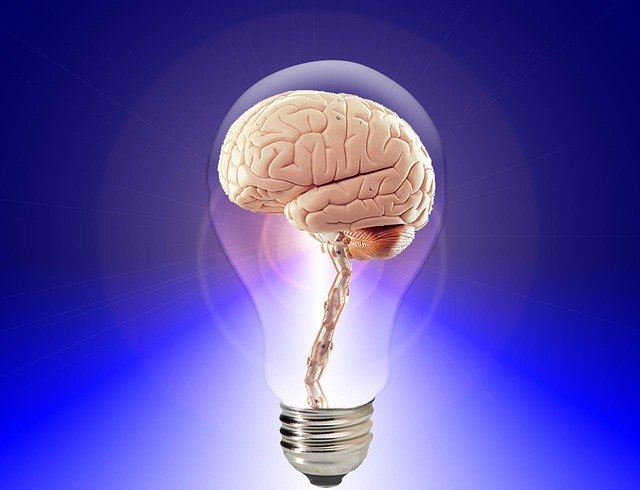
The frontal lobe of the human brain is both relatively large in mass and less restricted in movement than the posterior portion of the brain. It is a component of the cerebral system, which supports goal directed behavior. This lobe is often cited as the part of the brain responsible for the ability to decide between good and bad choices, as well as recognize the consequences of different actions. Because of its location in the anterior part of the head, the frontal lobe is arguably more susceptible to injuries. Following a frontal lobe injury, an individual’s abilities to make good choices and recognize consequences are often impaired. Memory impairment is another common effect associated with frontal lobe injuries, but this effect is less documented and may or may not be the result of flawed testing. Damage to the frontal lobe can cause increased irritability, which may include a change in mood and an inability to regulate behavior. Particularly, an injury of the frontal lobe could lead to deficits in executive function, such as anticipation, goal selection, planning, initiation, sequencing, monitoring (detecting errors), and self-correction (initiating novel responses). A widely reported case of frontal lobe injury was that of Phineas Gage, a railroad worker whose left frontal lobe was damaged by a large iron rod in 1848 (though Gage’s subsequent personality changes are almost always grossly exaggerated).
Neuropsychological effects
Memory and attention
Patients with damaged frontal lobes often complain of minimal to substantial memory loss. Because of this, frontal lobe injuries have long been associated with memory problems, despite little evidence actually showing this relation to be true. In fact, when patients with such injuries are tested using standard memory tests, they often score within normal. Close relatives of these same patients, however, may describe substantial memory problems. The disparity occurs because it is not the memory system itself that is affected, but the functions of the frontal lobe that facilitate working memory. Working memory is closely involved with the ability to hold attention. Working memory is not simply how much information you can maintain in a brief period of time; this describes primary memory, and a small part of working memory relates to it. The important part of working memory is secondary memory, in which an individual retrieves information. Those with high working memory are able to perform this retrieval even when distracted by another task. Patients with damaged frontal lobes show lower working memory and, therefore, a lessened ability to retrieve information from their secondary memory.
Risk taking
An increase in impulsivity, risk taking or both is often seen in individuals following frontal lobe damage. The two related terms differ in that impulsivity is a response disinhibition, while risk taking is related to the reward-based aspects of decision-making. Put more simply, an impulsive person will make a decision quickly, without considering the consequences, leading ultimately to a lack of self-control. Contrarily, risk takers will look at the consequences but not weigh them; they will jump at the opportunity of a reward even if the likelihood of receiving that reward is slim. The increase of risk taking amongst damaged frontal lobe patients can be directly observed during gambling, and gambling tasks have been developed to measure such behavior.
